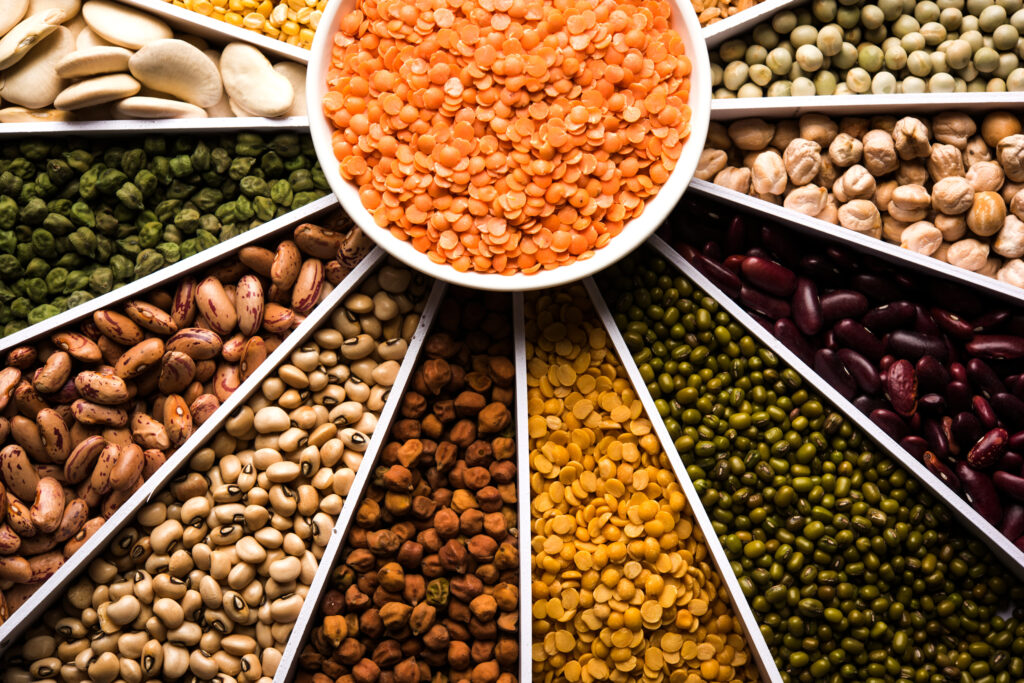Since 2022, a Horizon Research and Innovation Action project called GIANT LEAPS has been working to accelerate the transition from animal-based to alternative dietary proteins.
The project has been granted €10.3 million in EU funding over a four-year period. Led by Dr. Paul Vos, a nutrition and health scientist at Wageningen University & Research, it aims to speed up the protein transition in line with the Farm-to-Fork strategy and contribute to the European Green Deal target of reaching climate neutrality by 2050.
GIANT LEAPS works to assess alternative protein sources, benchmark them against traditional animal proteins, and define future diets optimized for environmental and health impact. It is investigating a range of proteins, including plant-based, microbial, fungal, and cultivated products.
The initiative is also working to address challenges related to the use of alternative proteins in food applications, including ingredient processing, food production, safety, digestibility, health, sustainability, and biodiversity.

Balancing health and environmental benefits
Currently, around 60% of protein consumed in the EU is said to be animal-based, while 40% is plant-based. GIANT LEAPS hopes to reverse this ratio by 2050, and achieve a 50:50 ratio by 2030.
Speaking to the EU research and innovation magazine Horizon, Dr. Vos said the quickest progress would likely be achieved by using plant-based foods that are already widely consumed, such as fava beans, oats, quinoa, lentils, rapeseed, and chickpeas. The team is working to combine various protein sources to create more flavorful, nutrient-rich foods.
The EU-funded SMART PROTEIN project, which ended last year, worked toward a similar goal. The researchers investigated the production of plant-based foods from chickpeas, lentils, quinoa, and fava beans, all of which can be grown within Europe. Example products included lentil milk and an infant formula made from lentil protein isolate.
“The aim is to make the most impactful changes in diets by replacing traditional animal protein products like meat or dairy with alternatives that have an optimal balance of both health and environmental benefits,” Vos told Horizon.





